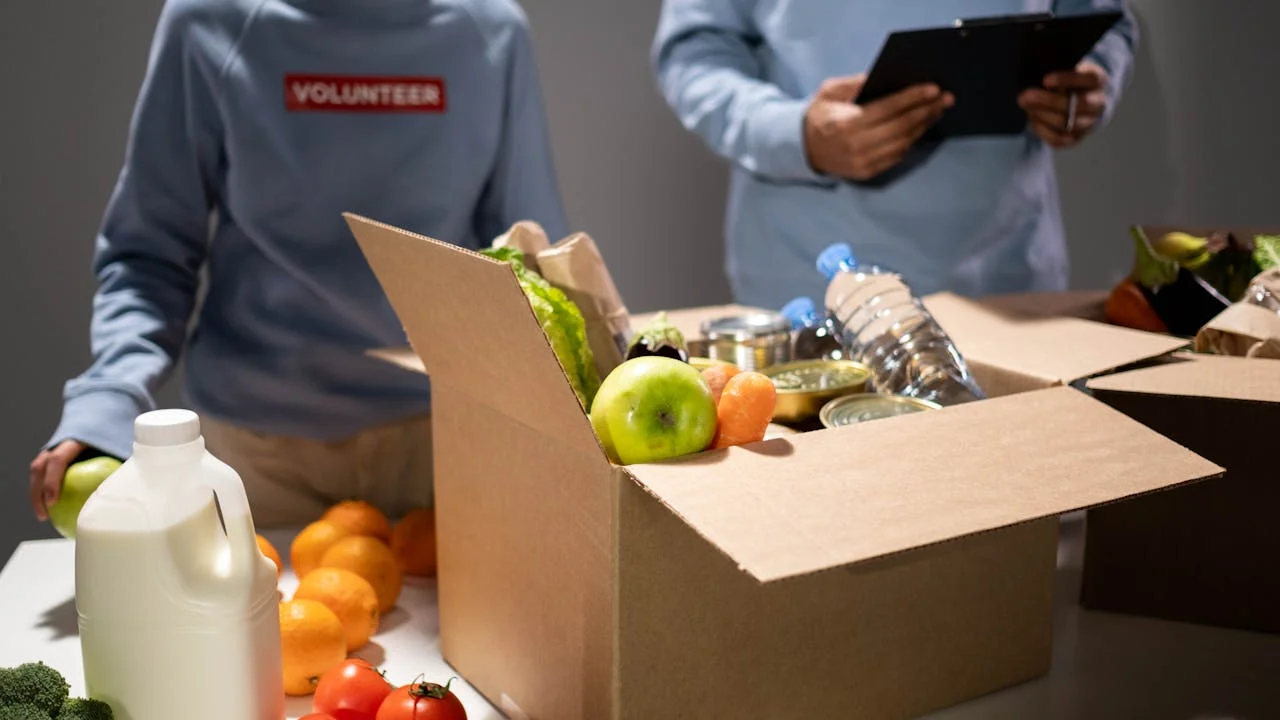
Nestlé has launched a limited-edition plant-based fork for Maggi cup noodles in India. Developed by Nestlé’s R&D team in collaboration with a local startup, the two-piece edible fork is made from wheat flour and salt. This innovative design ensures functionality while preserving the nutritional value and taste of the noodles.
Redesigning accessories like straws, cups, and cutlery is part of Nestlé’s broader effort to reduce or eliminate plastic use in packaging. This initiative complements their work in simplifying packaging materials, scaling reusable and refillable systems, and exploring alternative packaging for different product categories.
Gerhard Niederreiter, Head of Nestlé’s Institute of Packaging Sciences, stated: “At Nestlé, we continuously explore alternative sustainable packaging solutions that ensure food safety, consumer experience, and product quality. Our experts developed a unique alternative fork using our extensive knowledge of food-grade packaging materials.” Antonia Wanner, Group Head of ESG Strategy and Deployment, added: “Reducing and designing packaging for recycling are key pillars of Nestlé’s sustainability commitments. Our teams are exploring novel materials and cutting-edge technologies for packaging solutions that are convenient, protect food, and are environmentally friendly.”
Additionally, Nestlé’s R&D teams in Nutrition and China are testing a patented paper scoop for adult milk powders in China. This design, featuring a foldable scoop and metal cap, eliminates plastic use entirely.
By 2021, Nestlé had replaced 4.5 billion plastic straws globally with paper straws. Since then, Nestlé’s R&D teams have continued to innovate, working on recyclable straws and improving existing paper straws. The Nestlé Institute of Packaging Sciences is also developing new paper cups with non-plastic coatings that can withstand hot beverages.
These initiatives demonstrate Nestlé’s commitment to reducing virgin plastic use by incorporating less plastic, recycled plastic, and alternative packaging materials.




